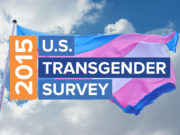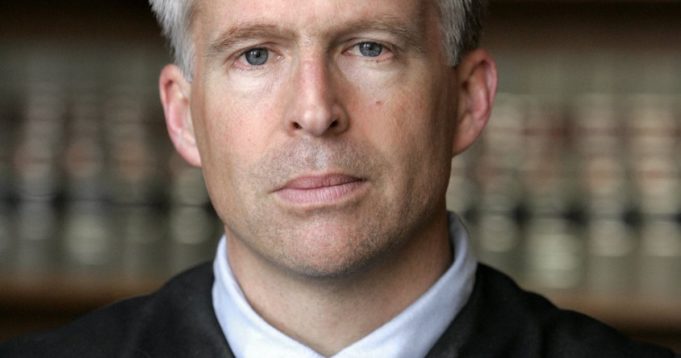A Michigan federal judge ruled Thursday that a Detroit funeral home was exempt from a law protecting transgender employees on the basis of their religious beliefs.
United States District Judge Sean Cox (R) dismissed a lawsuit that was filed in 2014 by the Equal Employment Opportunity Commission (EEOC), which said that RG & GR Harris Funeral Homes Inc., owned by Thomas Rost, unlawfully fired funeral director Aimee Stephens after she informed the company that she was transitioning from male to female.
The EEOC claimed the funeral home violated Title VII of the Civil Rights Act of 1964, which is is a federal law that prohibits employers from discriminating against employees on the basis of sex, race, color, national origin, and religion. In its defense, the funeral home asserted that it was entitled to an exemption under the federal Religious Freedom Restoration Act because it “operates as a ministry” and it goes against their Christian beliefs.
“This Court previously rejected the EEOC’s position that it stated a Title VII claim by virtue of alleging that Stephens’ termination was due to transgender status or gender identity – because those are not protected classes.“
Judge Cox ruled that transgender citizens are not protected under Title VII stating “This Court previously rejected the EEOC’s position that it stated a Title VII claim by virtue of alleging that Stephens’s termination was due to transgender status or gender identity – because those are not protected classes.“ He also ruled that the funeral home was entitled to a religious exemption. “The Court finds that the Funeral Home has met its initial burden of showing that enforcement of Title VII, and the body of sex-stereotyping case law that has developed under it, would impose a substantial burden on its ability to conduct business in accordance with its sincerely-held religious beliefs.”
Cox based his ruling on a 2014 decision by the U.S. Supreme Court. It found retail chain Hobby Lobby was entitled to a religious exemption from providing employees with insurance coverage for contraception. This came despite Justice Samuel Alito ruling that the decision did bot apply to cases involving discrimination. Rost’s attorney Douglas G. Wardlow also released a statement after the decision. “This is a significant victory for religious liberty,” Wardlow said. “This case wasn’t about gender identity. It was about the owner’s religious belief that sex is a immutable and God-given gift.”

In response to the ruling, Mara Keisling, executive director at the National Center for Transgender Equality stated, “What’s sad about it is that the concept of religious freedom is meant to protect people from the government,” Keisling said. “It is just simply not meant to allow people, or certainly entities like companies, to discriminate. … It is supposed to be a blade used against the government to defend yourself — not a blade to be used against other people.” Jillian Weiss, the executive director of the Transgender Legal Defense and Education Fund, also weighed in stating that under Cox’s decision, “People could be forced to conform to outmoded masculine and feminine stereotypes in order to keep their jobs.”
Judge Sean Cox was appointed by President George W. Bush in 2006. His ruling is viewed as a major setback in the fight for transgender rights.
































